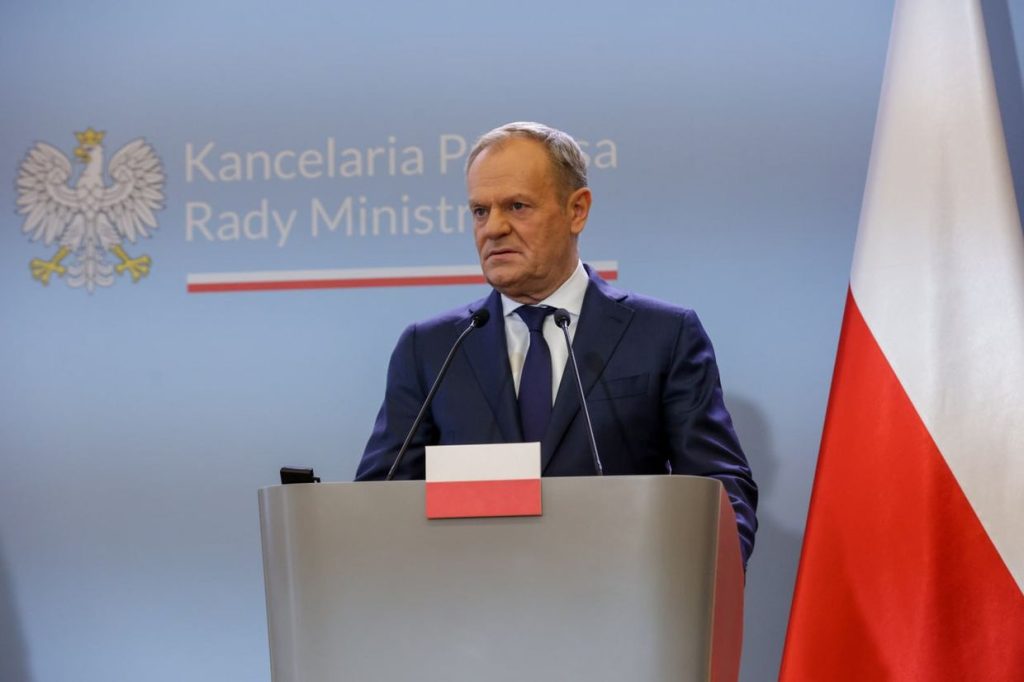Polish Prime Minister Donald Tusk has issued strong warnings about the escalating threat from Russia and the uncertain support from the United States, claiming that Europe is in a “pre-war” era not seen since 1945. Tusk emphasized the need for increased defense spending and self-sufficiency in defense to face the current realities of a new era where any scenario is possible. He highlighted the seriousness of the situation by referring to the ongoing war in Ukraine as the largest conflict in Europe since World War 2, with the potential for hostilities to spread beyond Ukraine’s borders.
Tusk’s statements come at a time when European allies are on high alert due to Russia’s continued aggression, including recent Russian missile attacks against Ukraine that have resulted in a heightened state of tension in the region. The Polish PM’s concerns about the possibility of war becoming a reality and the need for European countries to strengthen their defense capabilities underscore the gravity of the situation. Tusk also warned that Russian President Vladimir Putin may exploit a recent terrorist attack in Moscow as a pretext to further escalate the conflict in Ukraine.
In the face of ongoing uncertainty surrounding U.S. commitment to European security, Tusk emphasized the importance of Europe being independent and self-sufficient in defense. He urged European allies to increase their defense spending and strive for greater autonomy in defense capabilities. Tusk’s call for a strong defense alliance within Europe while maintaining a close relationship with the U.S. reflects the need for a united front against the threats posed by Russia and the current volatile geopolitical landscape.
Tusk’s reference to Putin’s potential use of the Moscow terrorist attack as a justification for further military action in Ukraine highlights the complex nature of the conflict and the propaganda efforts employed by the Kremlin to advance its agenda. Despite lack of evidence linking the attack to Ukraine and the Islamic State claiming responsibility, Putin’s attempts to blame Ukraine for the incident underscore the propaganda tactics employed to justify military actions. Tusk’s warning about Putin’s potential exploitation of the situation emphasizes the need for vigilance and preparedness in the face of the ongoing crisis.
The report also highlights the tactics employed by Russia in the conflict in Ukraine, including conscription, recruitment of mercenaries and proxies, and forced enlistment of Ukrainians in occupied territories. The extensive efforts by Moscow to sustain the war effort and maintain control over the region illustrate the severity of the conflict and the lengths to which Russia is willing to go to achieve its objectives. The report provides insight into the strategies employed by Russia in the conflict and the impact on the Ukrainian population, shedding light on the human cost of the ongoing conflict in the region.
Overall, the escalating tension in Europe, particularly in relation to the conflict in Ukraine, underscores the need for increased defense preparedness and vigilance among European allies. Tusk’s warnings about the current situation being unprecedented since World War 2 and the potential for further escalation highlight the seriousness of the threat posed by Russia. The report also sheds light on the tactics employed by Russia in the conflict and the impact on the region, emphasizing the need for a united approach to address the challenges posed by the ongoing crisis.















